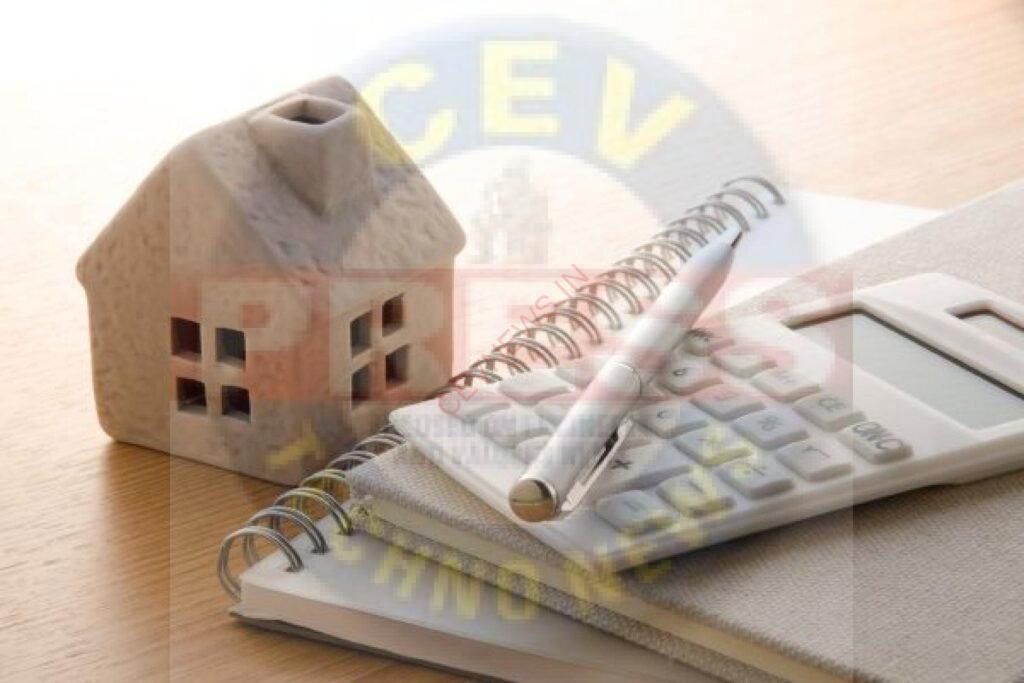VALUATION REPORTS FOR MORTGAGE PURPOSES: REQUIREMENTS AND CONSIDERATIONS
Valuation Reports for Mortgage Purposes in India: Requirements and Considerations
Valuation reports play a crucial role in the mortgage process in India. They help lenders assess the value of a property, ensuring that the loan amount is justified and secure. This article outlines the key requirements and considerations involved in preparing valuation reports for mortgage purposes in India.
1. Understanding the Purpose of Valuation Reports
Valuation reports for mortgage purposes are used by financial institutions to determine the market value of a property offered as collateral for a loan. The report provides an objective assessment that helps in deciding the loan amount, mitigating risk, and ensuring compliance with regulatory standards.
2. Legal and Regulatory Framework
In India, the preparation of valuation reports is governed by several laws and guidelines, including:
- The Companies Act, 2013: Mandates the use of registered valuers for valuation reports.
- SEBI Regulations: Provides guidelines for valuation in the context of securities and financial instruments.
- The SARFAESI Act, 2002: Relates to the enforcement of security interests and the role of valuation in asset recovery.
- RBI Guidelines: The Reserve Bank of India provides specific instructions to banks on how to handle valuation reports for mortgage purposes.
3. Appointment of a Registered Valuer
Under the Companies Act, 2013, only a registered valuer, who is a member of a recognized professional organization and holds a valid registration with the Insolvency and Bankruptcy Board of India (IBBI), can prepare a valuation report for mortgage purposes. This ensures that the report is prepared by a qualified and competent professional.
4. Key Components of a Valuation Report
A comprehensive valuation report for mortgage purposes in India typically includes:
- Property Description: Detailed information about the property, including location, type, size, and usage.
- Market Analysis: Analysis of the real estate market conditions, trends, and comparable sales data.
- Valuation Methodology: Explanation of the method(s) used to determine the property’s value, such as the market approach, income approach, or cost approach.
- Valuation Date: The date as of which the property’s value is assessed.
- Assumptions and Limitations: Any assumptions made during the valuation process and limitations that may affect the accuracy of the valuation.
- Valuation Conclusion: The final estimated value of the property, supported by data and analysis.
5. Considerations for Accurate Valuation
To ensure an accurate and reliable valuation report, the following considerations should be taken into account:
- Verification of Legal Title: Ensure that the property has a clear legal title and is free from encumbrances.
- Site Inspection: Conduct a thorough site inspection to assess the physical condition of the property.
- Market Conditions: Take into account the current real estate market conditions and any factors that could affect property values.
- Regulatory Compliance: Ensure that the valuation report complies with all relevant laws and guidelines.
- Transparency and Disclosure: Provide full disclosure of any factors that could influence the valuation outcome.
6. Challenges in Valuation for Mortgage Purposes
Some challenges that valuers may face include:
- Market Volatility: Fluctuations in real estate prices can affect the accuracy of the valuation.
- Incomplete or Inaccurate Data: Lack of reliable data on comparable sales or market trends.
- Legal Complications: Issues related to property title, encumbrances, or regulatory compliance.
7. Importance of Professional Ethics
Valuers must adhere to a strict code of ethics, ensuring that their reports are unbiased, accurate, and based on sound professional judgment. Any conflict of interest should be disclosed, and the valuer should maintain independence throughout the valuation process.
Valuation reports for mortgage purposes are vital tools for lenders in India. They provide a fair and accurate assessment of a property’s value, helping to secure loans and manage risk. By adhering to legal requirements, applying appropriate valuation methodologies, and considering market conditions, valuers can produce reliable reports that meet the needs of both lenders and borrowers.


